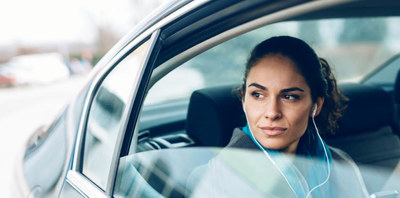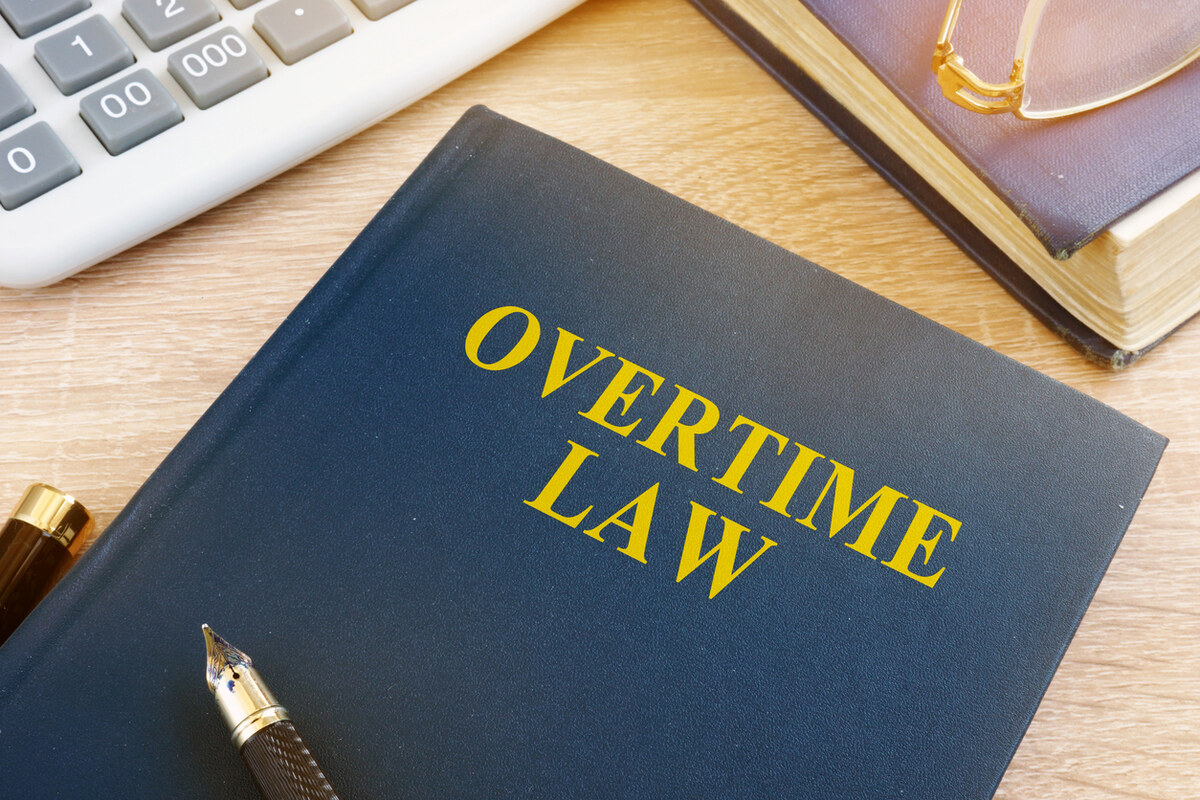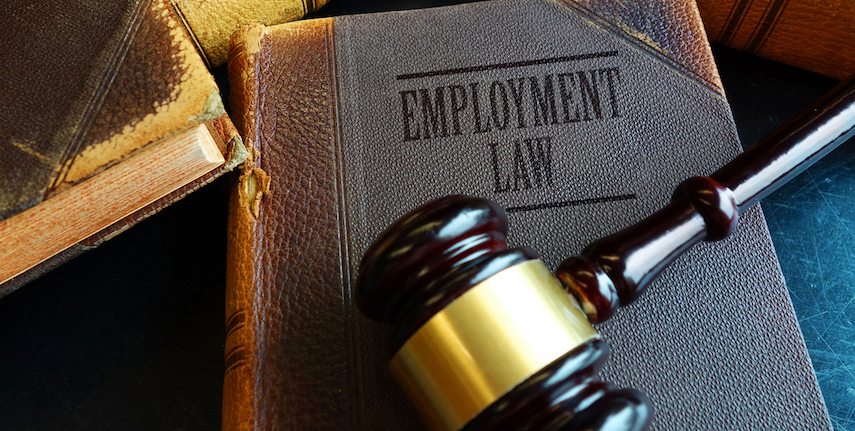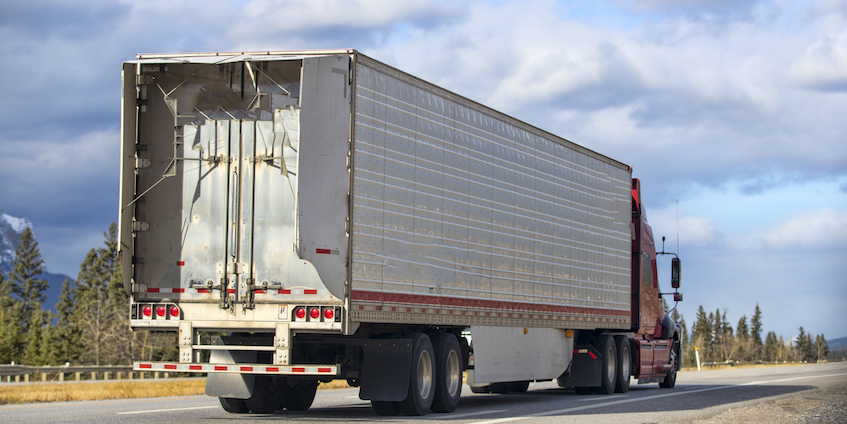Uber Responds to California Labor Lawsuit with Motion

Uber’s drivers filed the class-action lawsuit (Lyft faces a similar one) alleging that the more than 160,000 Uber drivers in California should be classified as employees and not as independent contractors. Uber - the on-demand car service company - argues it is simply a software company; riders download the Uber app and use it to hire a car service. Drivers respond to the rider’s request and are paid for transporting riders.
Among the allegations in the lawsuit are that drivers are eligible for statutory protections, including forwarding the entire amount of any gratuity given to drivers.
Previously in the lawsuit, Judge Edward Chen said he was not convinced that Uber is simply a software platform, noting that Uber would not make money without drivers and sets the drivers’ pay rate. Judge Chen wrote when denying Uber’s motion for summary judgment that “the Court first concludes that Plaintiffs are Uber’s presumptive employees because they ‘perform services’ for the benefit of Uber.” The judge ruled that a jury should resolve the complaints against Uber.
The California Labor Commissioner’s Office has agreed with Chen’s statements, recently ruling Uber drivers are employees. The commission awarded Barbara Ann Berwick $4,152.20 in employee expenses, including mileage, toll charges and interest, finding Uber was involved in every aspect of Berwick’s driving operation. Uber has reportedly appealed the decision.
Under Uber’s driver agreement, drivers are not reimbursed for expenses, including gas and car maintenance.
Now, Uber has filed a motion opposing class-action status, arguing that the company’s 160,000 drivers have very little in common, other than that they all downloaded and used the Uber app at some point over the past six years. According to Time (7/9/15), Uber argues that the manner in which the Uber app is used varies from driver to driver.
Furthermore, the company argues that if drivers were considered employees, they would lose their personal flexibility, including the ability to drive for more than one company. Finally, Uber says drivers are able to act or dress how they want, work when they want and as much as they want, and decide whether or not to accept requests.
The Uber lawsuit is Douglas O’Connor et al. v. Uber Technologies et al., No. C-13-3826 in the US District Court for the Northern District of California.











1 Comment
Julia Bernstein
July 29, 2015